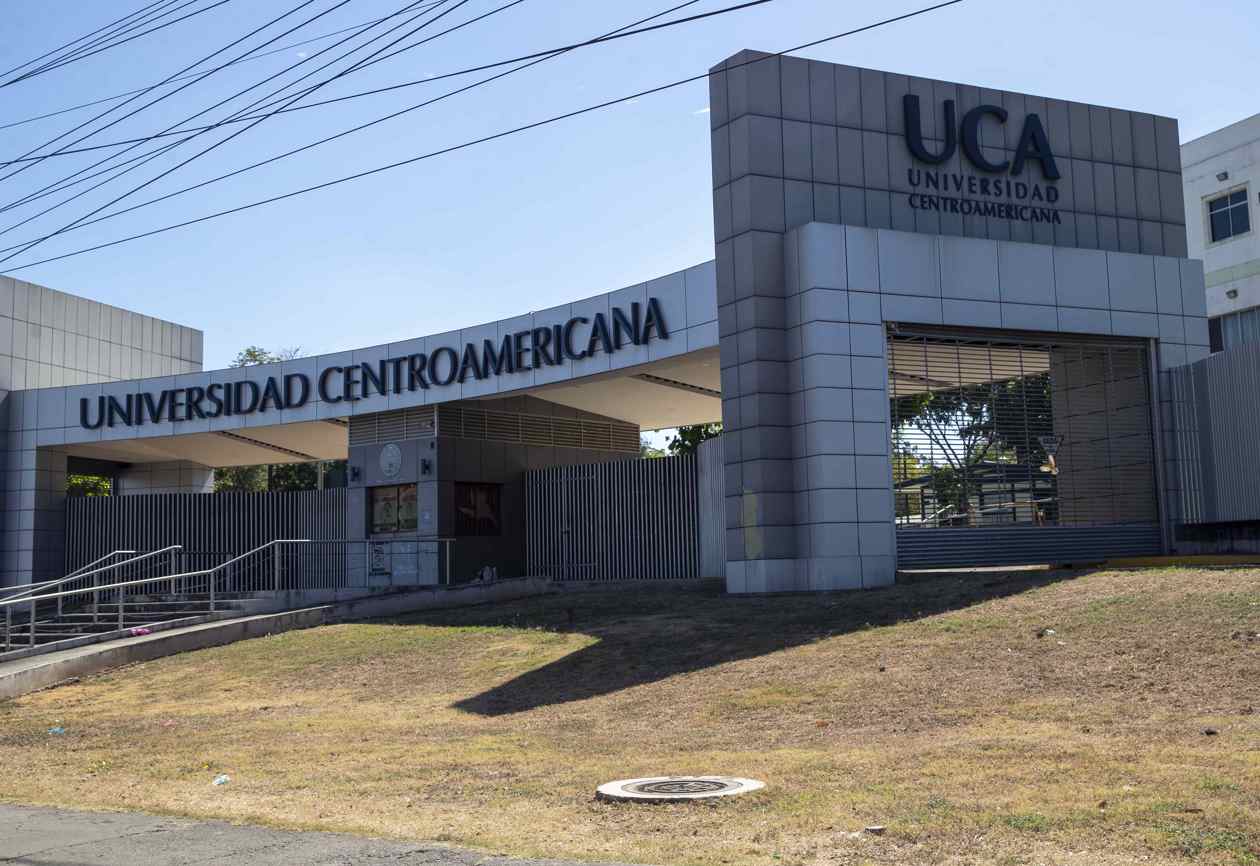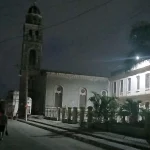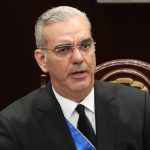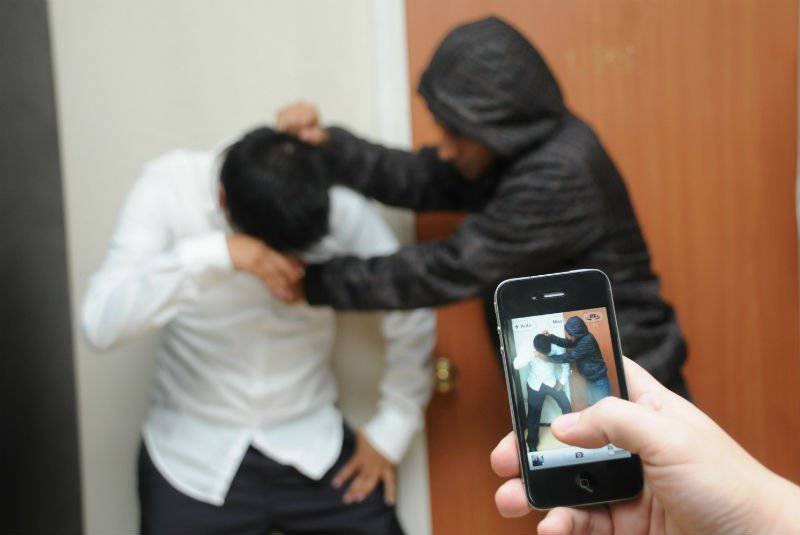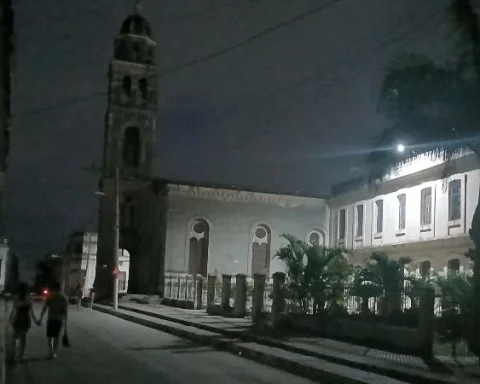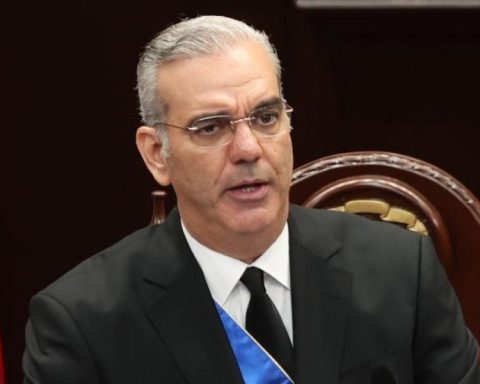The Academy of Sciences of Latin America (ACAL), made up of 250 academics from 17 Latin American countries, condemned the coercion of higher education and science in Nicaragua, through what they called the imposition of restrictions that “attack the autonomy of Higher Education Institutions and academic freedom. in various universities.
The academics also lamented the closure of the Nicaraguan Academy of Sciences (ACA) at the hands of the National Assembly, dominated by the Sandinista Front bench, which persecutes non-governmental organizations and recently eliminated university autonomy to perpetuate the control of the regime. on higher education, through legislative reforms.
ACAL is a regional organization designed to promote and contribute to the development of science and its applications for the benefit of human, cultural and social development. Its members described as “unusual” the events that have occurred in Nicaragua in relation to university autonomy.
“It is inconceivable that a civilized country takes measures that affect the freedom that these institutions must have in order to properly carry out their activities and is very concerned about the international academic community, which conceives higher education as an exercise that must be carried out in a climate of full freedom. , that the free confrontation of ideas for the training of professionals and citizens capable of making their own decisions be proscribed, for reasons that are beyond academic competences”, reads the statement of the organization, signed by its president Claudio Bifano and his Foreign Minister Rafael Apitz-Castro, both originally from Venezuela.
The world declaration occurs a month after legislators related to the regime of Daniel Ortega and Rosario Murillo approved a reform to the General Law of Education and the Law of Autonomy of Higher Education Institutions (IES), that left out the Central American University (UCA) from the National Council of Universities (CNU) and from the distribution of the constitutional 6% that is granted to state HEIs.
The act was considered a revenge to the Jesuit University, whose authorities opened the doors to students repressed by the state in the 2018 protests, when police and paramilitaries sympathetic to Ortega orchestrated a massacre. At least 355 people were killed in the context of the opposition protests that began in April of that yearaccording to the Inter-American Commission on Human Rights (IACHR).
The reform of the education sector proposed by the FSLN also gave the CNU “absolute power” over the country’s universities, which, in the opinion of education specialist Ernesto Medina, translates into “consolidating political control” of the regime.
“With the reform what they seek is to give legal support to the control, because the control was already being exercised through officials loyal to the regime; They made a legal cover for all these arbitrariness so that through an institution the control of the universities is carried out. That is the role that the CNU is now going to play,” the expert told the program last April. Tonight.
ACA and 49 other NGOs close
On May 4, the deputies 50 civil society organizations were canceled, alleging alleged non-compliance with the legal framework in the country. In the case of the Foreign Agents Law, created in 2020, it is a legal framework that the regime itself manufactured to persecute those it considers independent, but sources familiar with specific cases of repression of the State explained months ago that the Government refused to receive their financial reports and filled out obstacles the necessary requirements to remain legal.
Among the illegal NGOs, the local Academy of Sciences (ACA) is included, an entity dedicated to the promotion of precisely this area in the country. ACAL believes that “running over” the institutions that generate and support scientific activity shows “the government’s misunderstanding” about the importance of such work.
“Science in all its facets represents the indisputable essence for the generation of all types of solidly supported knowledge and is destined to build scientific capacities as a certain and indispensable basis for any technological development and that a country that despises the generation of knowledge and institutions that propitiate it is attacking the social and economic well-being of its citizens”, they pointed out.
During its 12 years of existence, ACA was dedicated to “fostering and disseminating science, research, and scientific education, as intrinsic elements of sustainable human development,” says ACAL. They were also referents to analyze the impacts that the canal project promoted by the regime would cause, questioning, mainly, the environmental damage along the traced route.
ACAL “deeply regretted the decisions taken by the Nicaraguan Government and the institutions that support it on the elimination of university autonomy and the cancellation of the legal personality of the Academy of Sciences of Nicaragua, actions that are clearly detrimental to social and intellectual development. of Nicaraguan society.
At the same time, he invited the Government to “reconsider these decisions and promote a constructive dialogue” with universities and scientific NGOs.
